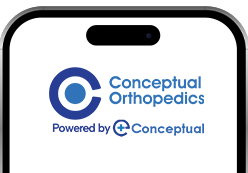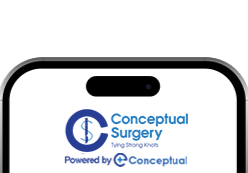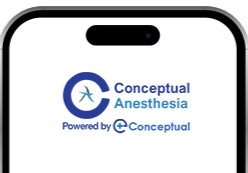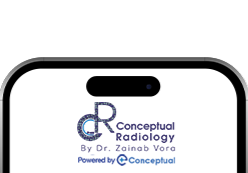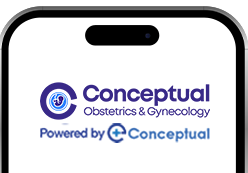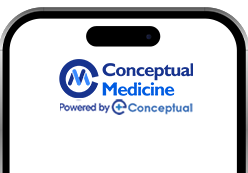
Estimated reading time: 3 minutes
You know, the most significant accomplishment in a doctor’s life is finishing their medical residency. It signifies the culmination of years filled with intense learning, sleepless nights, high-stakes clinical decisions, and caring for patients in stressful situations. Yet, it also brings forth a daunting and inevitable question: “What comes next?”
Whether you’ve just wrapped up or are nearing the end of your internal medicine residency, this blog is your guide to navigating the many possibilities ahead, whether it’s super-specialization, academic roles, or beginning your journey in clinical practice.
Pursue a DM/DNB Super-Speciality via NEET SS
One of the most preferred choices for internal medicine postgraduates is pursuing a super-specialization via the NEET SS 2026 exam. This is your ticket to becoming an expert in a niche field of medicine and practicing at the highest levels in healthcare.

Popular NEET SS Medicine Specialties:
- DM Cardiology
- DM Neurology
- DM Endocrinology
- DM Gastroenterology
- DM Nephrology
- DM Rheumatology
Post-Residency Career Avenues: Clinical and Beyond
- Clinical Practice as a Consultant Physician
Many residents choose to begin clinical practice after residency. As a certified internal medicine specialist, you can work as a:
- You can start your role as a hospital Consultant
- You have the option to be an ICU Physician or an internal medicine specialist in multi-specialty units.
- As you know, after the post-pandemic, the telemedicine physician role is growing rapidly.
- You can open your own clinic as a private practitioner or you can join a group clinic setup.
- International Career Options
Medicine residents (MD graduates) have so many pathways to work abroad along with their additional licensing:
There are some options after MD:
- PLAB (UK) for working in the NHS system
- USMLE (USA), if you want to pursue fellowships or hospitalist positions
- MCCQE (Canada), basically for internal medicine practice
- MRCP (UK) – As an alternate postgraduate pathway
- Gulf countries (UAE, Saudi Arabia, Qatar) – Often recruit MD/DNB physicians with experience
- Join the Pharma, Research, or Public Health Sector
Continuing in clinical medicine isn’t the path for everyone. Fields like the pharmaceutical industry, medical research, and public health initiatives present strong and rewarding non-clinical career options.
Career Roles:
- Medical Advisor
- Clinical Research Associate
- Drug Safety Officer
- Medical Science Liaison
- Public Health Consultant (WHO, UNICEF, etc.)
These positions provide defined working hours, opportunities for academic engagement, and the potential to make a significant impact.
- Hospital Administration & Healthcare Management
An increasing number of doctors are now pursuing MBAs or diplomas in hospital management after MD. If you’re interested in leadership, operations, or health tech, this path could be for you.
Job Profiles:
- Hospital Administrator
- Chief Medical Officer
- Medical Quality Head
- Healthcare Startup Lead
- Explore Health Tech & Medical Education
You know that as digital healthcare rapidly expands, physicians with a flair for innovations have the opportunity to contribute to the:
- Online education platforms (teaching NEET SS Medicine online)
- Telemedicine startups
- Digital health app development
- Content creation & clinical course design
- Social media-based medical coaching
Conclusion
No single road is right for everyone. Whether you pursue NEET SS Medicine, enter clinical practice, step into academics, or explore tech and research, make sure your next move reflects your passion and purpose.
Each option presents its own set of advantages and challenges, from the specialized expertise and competitive edge gained through fellowships to the autonomy and financial potential of private practice, or the intellectual stimulation of academic medicine.



